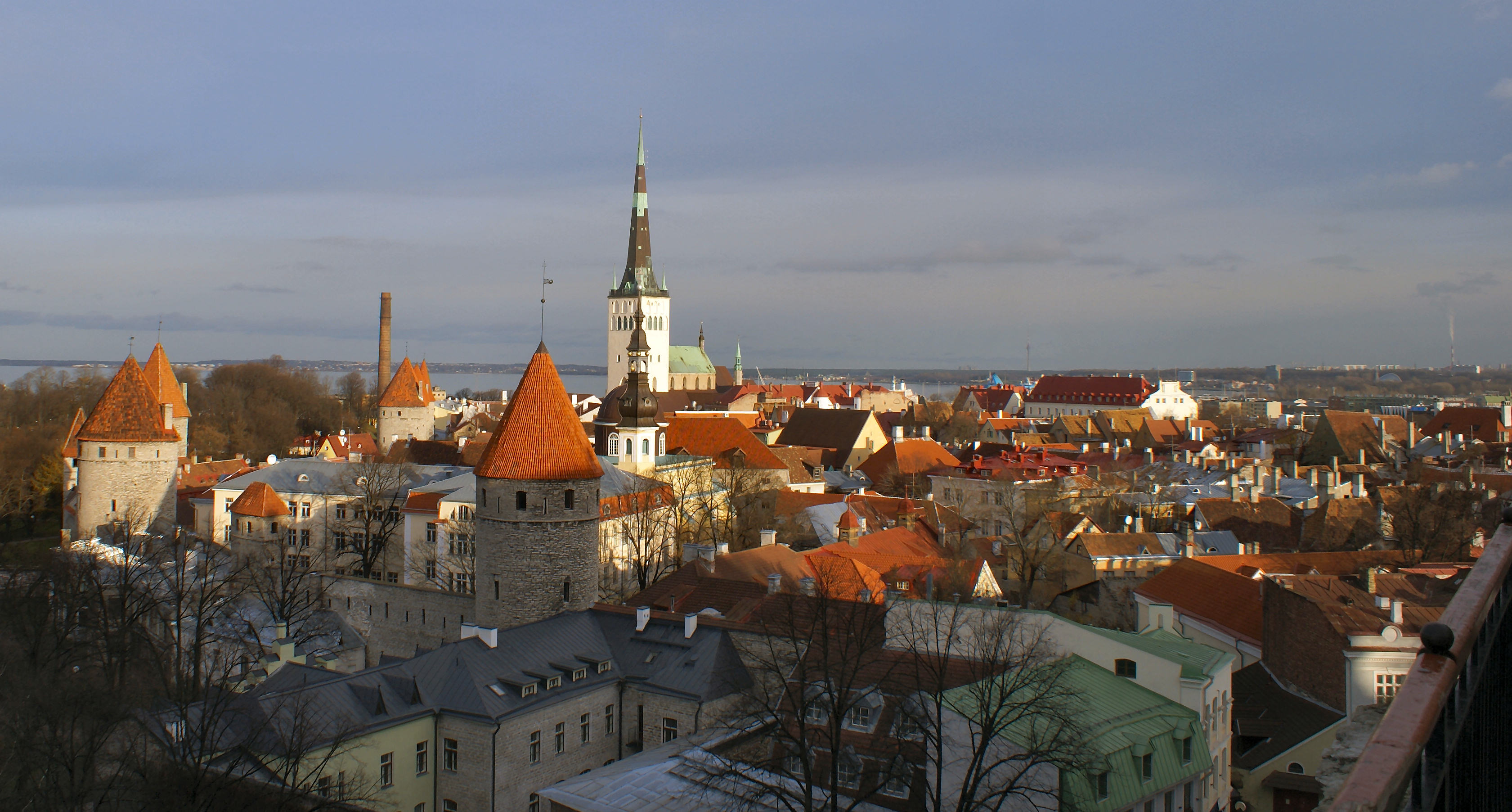What does independence mean in the Baltics?
Not a lot of countries are so often mentioned in the same breath as Estonia, Latvia and Lithuania. When Pope Francis visited the three Baltic republics in September, he did not even need a whole week to set foot in all the countries. In recent history, of course, the trio have a lot in common. All suffered under Soviet occupation for nearly half of the 20th century, a period included in the 100 years of independence because they (plus the western world) never agreed with Moscow that the Baltics entered the USSR voluntarily.
November 5, 2018 -
Koen Verhelst
-
Issue 6 2018MagazineStories and ideas

The city of Tallinn, Estonia. Photo: Gunnar Bach Pedersen (CC) commons.wikimedia.org

































